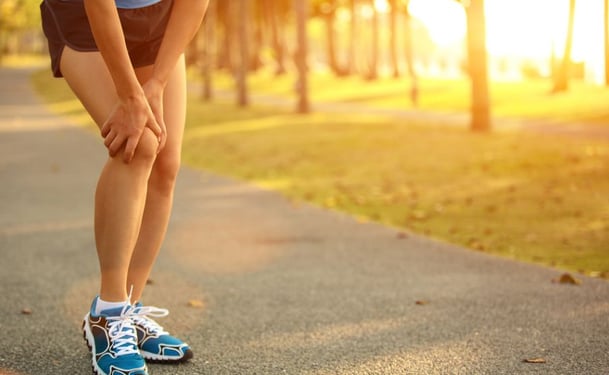In varicose veins treatment, the management of pain and inflammation plays an important part. The pain and inflammation may be controlled with traditional medication treatment, natural remedies and a few additional tips that can reduce the pain and the discomfort.
Medication Treatment
Varicose veins are swollen veins that can cause a lot of pain and are also unaesthetic. The pain and the swelling are typically managed with non steroidal anti inflammatory drugs (NSAIDs) or acetaminophen (also known as Tylenol or paracetamol). Some doctors may also recommend steroids (i.e. cortisone), but only for short periods of time, as the medication may have serious side effects.
Acetaminophen is a pain medication, but will not reduce swelling and may also affect liver in the long run, so it is not the preferred choice of pain management for varicose veins. NSAIDs control pain and reduce the swelling. For varicose vein pain management, you may get the following drugs:
- Aspirin, which may also decrease fever, reduce pain and inflamation
- Ibuprofen, similar to Aspirin and may also be found as Advil or Nuprin
- Naproxen, also known as Aleve
- Ketoprofen, marketed as Orudis KT
Typically, you will get these drugs without prescription, but you will need to consult a doctor for administration and dosage information. You should also be aware of the side effects of these drugs. NSAIDs can interact with various drugs such as blood thinners.
In rare cases, narcotic pain medication will be prescribed, but these are only available through prescription and only if your pain is unbearable.
Natural Remedies
Licorice root extracts are the natural equivalent of cortisone and may reduce swelling and inflammation. The solution may be applied internally and externally also. Marigolds are also used to reduce inflammation and can be used in compression (apply the herb on the affected areas).
Epsom salt baths can also reduce pain and swelling associated with varicose veins. Take at least 1 bath per week, adding Epsom salts to the bath water and allowing the salts to dissolve in the water. Alternatively, you can soak you feet in lukewarm water with Epsom salts on a daily basis.
Additional Tips
Wearing constrictive stockings may also improve the blood flow and reduce the swelling and the pain associated with varicose veins. You may also consider doing some exercises and keep your feet elevated for a few minutes every hour. There are several yoga poses that can be beneficial in reducing varicose vein pain.
It is also important to avoid standing up or sitting in the same position for extended periods of time. Make sure you move and lift your feet regularly. If you are obese, you should consider losing some weight. This can be done through dieting and exercise or even surgery.
Take baths regularly, but avoid hot water, which will dilate the blood vessels. Use lukewarm water. Apply cold compresses when the pain is severe. Get massages with natural oils (i.e. St John’s wort or lanolin), as a massage will increase blood circulation.



